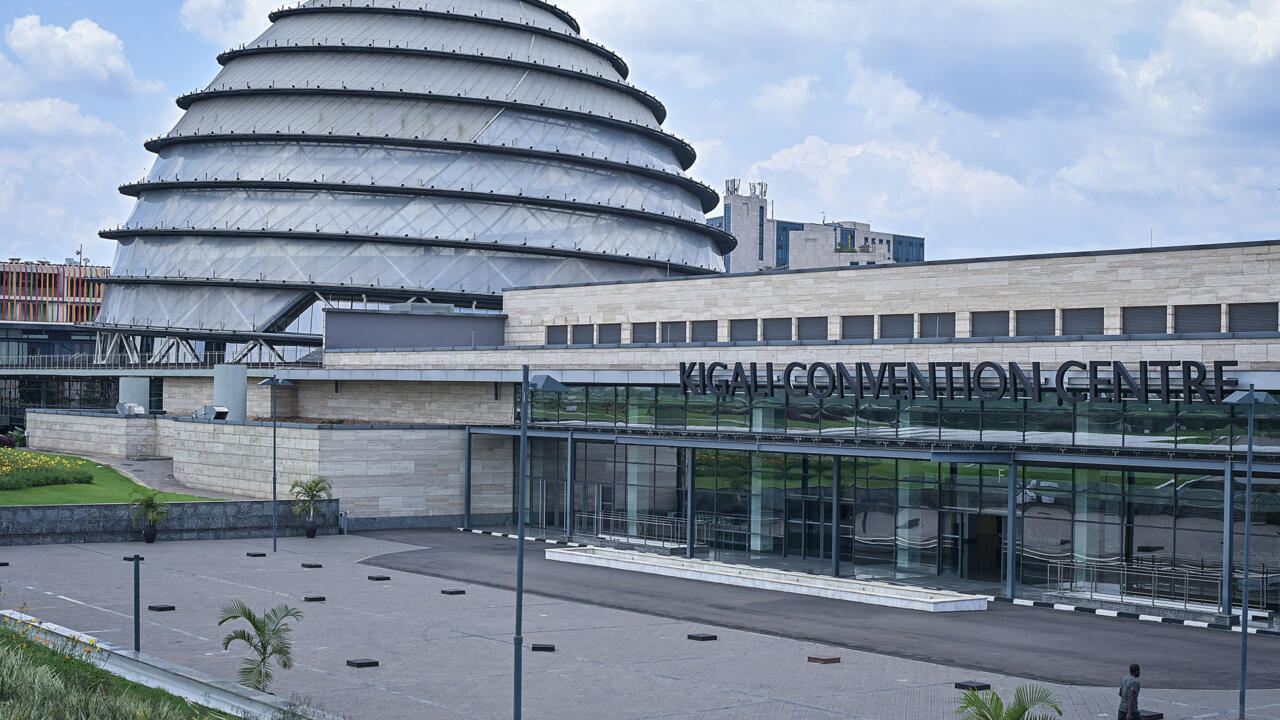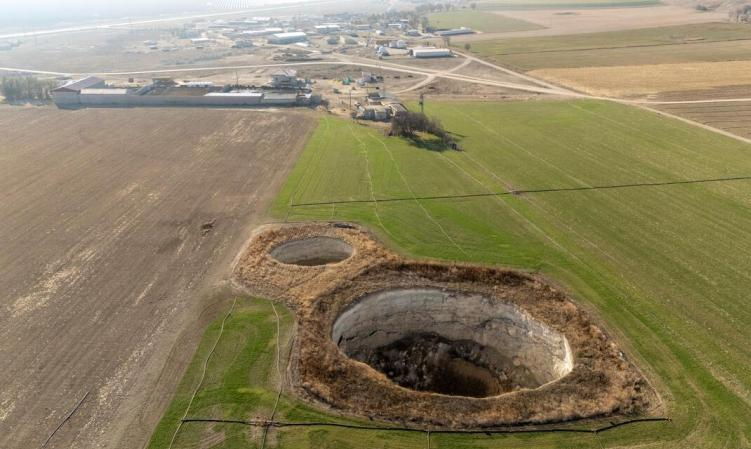
In this vast and vibrant continent of Africa, Rwanda is a bright new star, with ambitions to become the financial center of Africa. Rwanda, a small, landlocked country in east-central Africa, has shown remarkable recovery and development despite a difficult history. Its capital, Kigali, has gradually become the central engine propelling Rwanda towards becoming a financial centre.
Rwanda's ambition to become Africa's financial hub is not empty talk, but has a solid foundation and clear advantages. In terms of governance, the Rwandan government has vigorously cracked down on corruption, making the government's Corruption perception Index among the best in Africa. For example, in the past five years, the number of officials investigated and punished for corruption has dropped significantly, and remarkable achievements have been made in building a clean government. In terms of administrative process simplification, the registration time of enterprises has been shortened from an average of 30 days in the past to 7 days today, greatly improving administrative efficiency.
In the field of education and personnel training, the Rwandan government has invested a lot of money, and the proportion of education expenditure in the gross domestic product has increased year by year. The number of college graduates with finance-related degrees has tripled in the past decade. At the same time, the government is also actively cooperating with international financial institutions, selecting and sending outstanding talents to study abroad, and contributing to the development of the financial industry after returning home.
Rwanda's development in the field of digital technology is even more remarkable. The number of mobile payment users has grown fivefold in the past five years, with more than 80% of adults using mobile payments for daily transactions. The service coverage of digital banking has increased from 20% to 60%, greatly increasing the penetration of financial services.
In order to achieve its goal of becoming a financial center in Africa, Rwanda has taken a number of effective initiatives. In terms of infrastructure investment, over the past three years, Rwanda has invested more than $2 billion in modernizing its transport network, building 500 kilometers of new highways and increasing rail capacity by 30 percent. Communication facilities have also been significantly upgraded, with 5G networks covering major urban areas.
Financial supervision and legal systems continued to improve. In recent years, Rwanda has revised more than 20 financial regulations with reference to international standards, which has significantly improved the transparency and standardization of financial markets. In terms of international integration, Rwanda has successfully introduced internationally renowned credit rating agencies, which has enhanced the credibility of the financial market.
In terms of international cooperation, Rwanda has established close cooperative relations with many countries and international financial organizations. Last year alone, the total amount of foreign investment attracted exceeded $1 billion, an increase of 20 percent year-on-year. The financial cooperation with China has been continuously deepened, and a number of cooperation projects have been carried out in the fields of fintech and microfinance.
However, Rwanda is not on the road to achieving its dream and still faces many challenges. The economic scale is relatively small, the industrial structure is relatively unitary, and the demand for financial services is limited. The GDP in 2023 is only about 10 billion US dollars, which is still a big gap compared with other African countries. In terms of industrial structure, agriculture still occupies a dominant position, the development of industry and service industry is relatively lagging behind, and the demand for financial services is relatively limited.
The depth and breadth of financial markets need to be improved. Despite certain achievements in fintech, it is still relatively weak in traditional financial fields, such as capital markets and bond markets. Capital markets are small, with a stock market capitalisation of only about 10 per cent of GDP. The bond market has been slow to develop and the number of bonds issued is limited. It is necessary to further improve the financial market system, enrich financial products and services, and improve the liquidity and activity of financial markets.
The pressure of international competition is enormous. Other African countries are also actively developing financial services, such as South Africa and Kenya, which have certain advantages in terms of financial infrastructure, talent pool and market size. Rwanda needs to highlight its own characteristics in the competition, find the right position, and constantly innovate and break through, in order to stand out in the fierce competition.
But the Rwandan people have kept their faith and pushed ahead. They firmly believe that through sustained efforts and innovation, Rwanda will realize its great dream of becoming the financial center of Africa and write a brilliant chapter for the prosperity and development of Africa. In the future, let's wait and see how Rwanda will shine more brightly in the financial field!

Due to the continuous decrease in rainfall and the rapid drop in groundwater levels, several large sinkholes have successively appeared in several agricultural areas in central Turkey in recent years, causing great concern among local farmers and environmental experts.
Due to the continuous decrease in rainfall and the rapid dr…
The Prime Minister's Office of Israel said Hamas attacked I…
Fourteen countries including the United Kingdom, France and…
The US Department of Justice said on Wednesday (December 24…
The Japanese government has submitted a draft, planning to …
On December 25th local time, NVIDIA announced a technology …